Knowledge Hub
Integrating Refrigerants with Low Global Warming Potential into India’s Light Vehicle Fuel Efficiency Standards
2022
Author(s): Deo A, German J, Callahan J
This study analyzes potential reductions in greenhouse gas emissions from using alternative refrigerants with low global warming potential and more efficient air conditioning systems in vehicles in India.
No Fleet Left Behind: Barriers and Opportunities for Small Fleet Zero-Emission Trucking
2022
Author(s): Brito J
This paper evaluates the zero-emission truck market and suggests actions to overcome barriers for adoption for small fleets. Failing to support small fleets would put them at risk of being unable to transition to zero-emission vehicles, in turn putting jurisdictions at risk of failing to achieve emissions reduction targets.
Assessment of Light-Duty Electric Vehicle Costs and Consumer Benefits in the United States in the 2022–2035 Time Frame
2022
Author(s): Slowik P, Isenstadt A, Pierce L, Searle S
The study analyzes component-level costs to evaluate electric vehicle price parity with conventional vehicles.
The Evolution of Heavy-Duty Vehicles in China: A Retrospective Evaluation of CO2 and Pollutant Emissions from 2012 to 2021
2022
Author(s): Mao S, Rodríguez F
The study evaluates the effectiveness of policies in China for curtailing emissions from heavy-duty vehicles over the 2012-2021 period
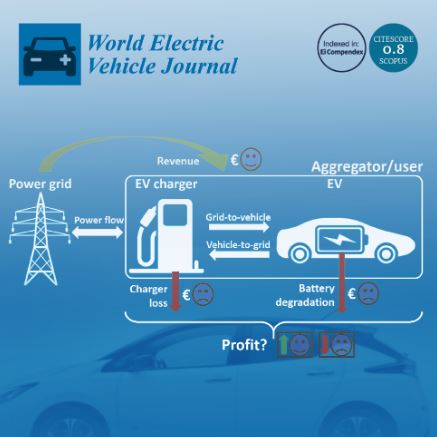
Fuel Cell Hybrid Electric Vehicles: A Review of Topologies and Energy Management Strategies
2022
Author(s): Yu P, Li M, Wang Y, Chen Z.
This paper summarizes and concludes various energy management strategies at the current stage and analyses the advantages and disadvantages and the main roles of various energy management strategies.
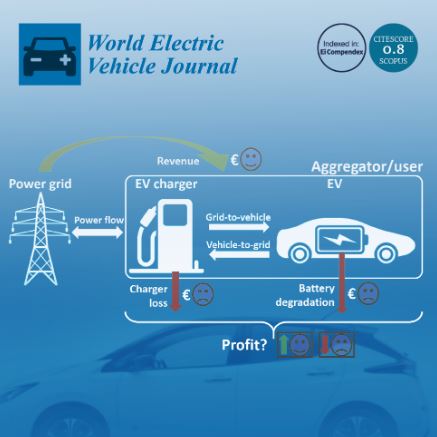
Synergy of Unidirectional and Bidirectional Smart Charging of Electric Vehicles for Frequency Containment Reserve Power Provision
2022
Author(s): Schlund J, German R, Pruckner M.
In this paper, the authors analyzed how vast amounts of coordinated charging processes can be used to provide frequency containment reserve (FCR) power, one of the most important ancillary services for system stability.
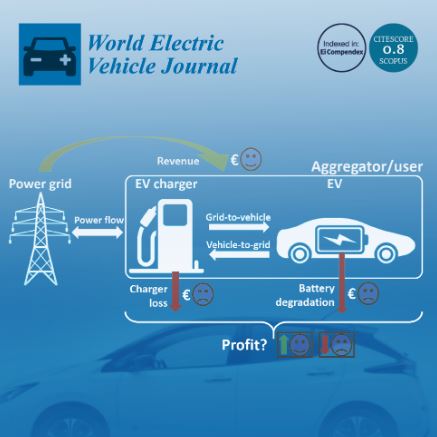
A Study on Additive Manufacturing for Electromobility
2022
Author(s): Schuhmann D, Rockinger C, Merkel M, Harrison DK.
Additive manufacturing (AM) allows producing components resource efficient and environment friendly. AM can also be used to optimize the design of components in mechanical and physical terms. This way, functionally integrated, lightweight, highly efficient, and innovative components can be manufactured with the help of additive manufacturing in Industry 4.0.
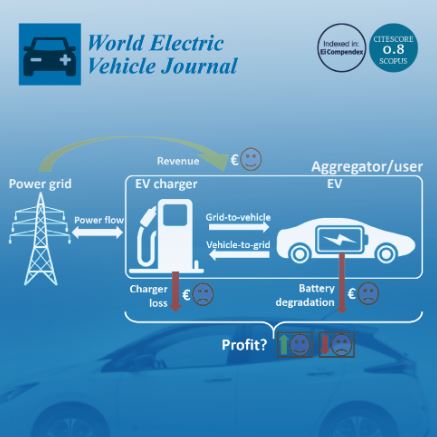
Design of an Intelligent Platoon Transit System towards Transportation Electrification
2022
Author(s): Gao H, Li A, Wang J, Liu K, Zhang L.
This study proposes a novel intelligent platoon transit system (IPTS), and its overall concept and operating mode are elaborated at a strategic level.
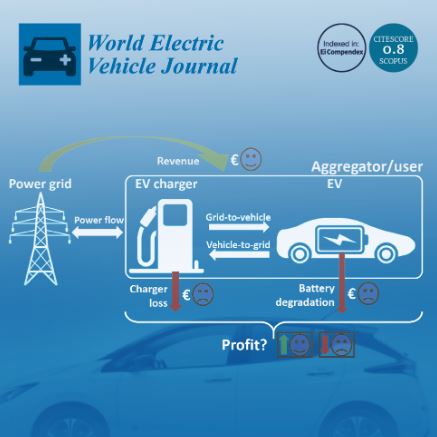
Peak Shaving for Electric Vehicle Charging Infrastructure—A Case Study in a Parking Garage in Uppsala, Sweden
2022
Author(s): Wallberg A, Flygare C, Waters R, Castellucci V.
This paper presents the current hardware topology of the parking garage, a neural network for day-ahead predictions of the parking garage’s load profile, and a simulation model in MATLAB using rule-based peak shaving control.
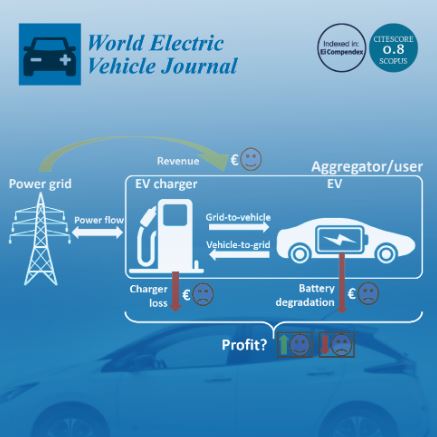
Characterisation of Norwegian Battery Electric Vehicle Owners by Level of Adoption
2022
Author(s): Bjørge NM, Hjelkrem OA, Babri S.
In this paper, the authors investigate differences between groups of Norwegian electric vehicle owners, sorted by their adoption level. The grouping is based on adoption theory and the share of battery electric vehicles in new car sales numbers.



